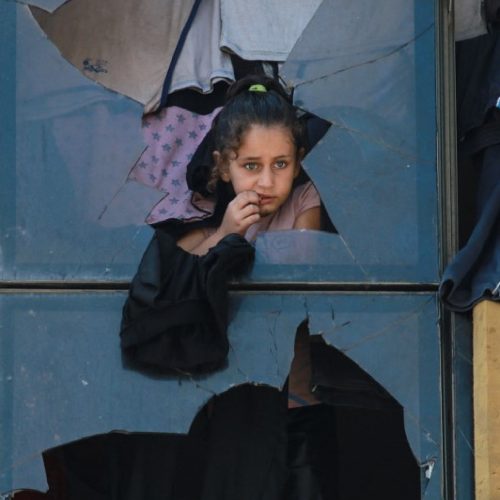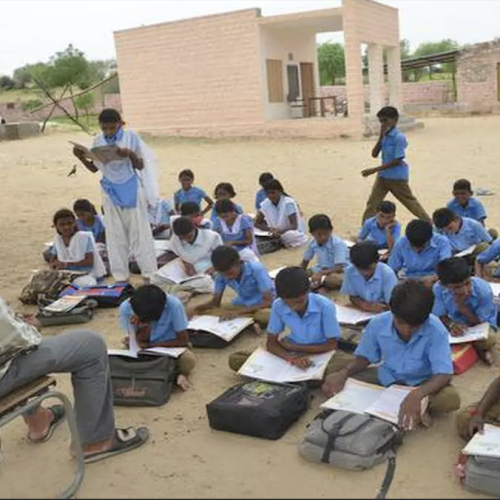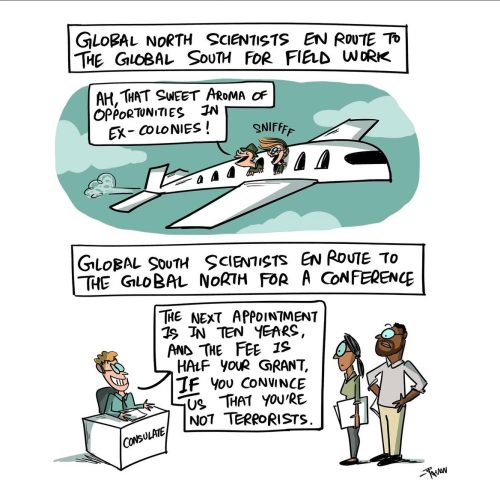September 19, 2023
Hollow Promises and True Adversaries

Decolonization in global health has gained popularity as a trendy topic, but the language of equity and justice falls short when it comes to practice. Richard Horton’s “Offline: The case for global health” (Lancet, May 2023) pushes us to struggle against deeper issues in our field, including power and money imbalances, unearned privileges, racism, and the omniscience to decide the narrative and tell the global south what it needs. While global health professionals engage in internal battles, the true adversaries lie elsewhere, such as “governments that undermine and defund global organizations, demonize refugees, spread scientific misinformation, oppose wealth redistribution, and promote racism pose the real threats to health, equity, liberty, and social justice.” It is time for those in global health to unite and recognize the larger fight against these enemies, forging a new collective and political frontier to reclaim the values they stand for.
He reminds us that “Global health is the invention of a largely white and wealthy elite residing in high-income, English-language speaking countries.” He writes of the hollowness of global health’s claims to prioritize the well-being of those in low-income and middle-income countries. Despite its lofty rhetoric of equity and justice, global health is nothing more than an exclusive club perpetuating colonial practices. The resources and power in this field are tightly controlled by privileged individuals and wealthy nations, while those who truly need support are left behind.
This thought-provoking article calls for a critical reflection on the foundations of global health, urging practitioners to question the narrative dictated by the Global North and work towards a more equitable and just future.




